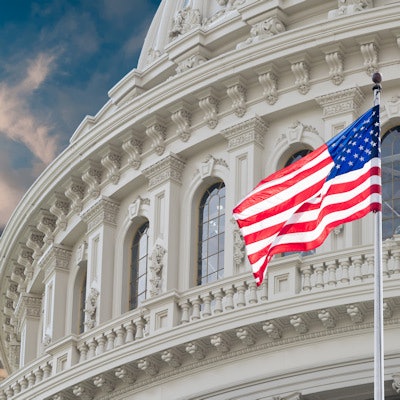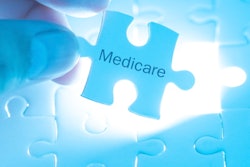
Reimbursement under the Medicare Physician Fee Schedule (MPFS) has been consistently reduced for as many years as most of us can remember. Most recently, the 2023 payment rate was cut another 2.08% from the 2022 level, leaving the fee schedule 7.6% lower than it was in 1998 and 11% lower than it was in 2008.
 Sandy Coffta.
Sandy Coffta.The rates for radiology have essentially been cut by over 22% since 2001 when factoring both inflationary adjustments and recurring downward changes to the Conversion Factor. Estimates for many common radiology specific exams within diagnostic, ultrasound, dual-energy x-ray absorptiometry (DEXA), CT, and MRI modality-based procedures have experienced average Medicare reductions by 44% between 2011 and 2021. The last significant increase in the MPFS came in 2014 (+5.3%), but today's lower payment level has more than wiped out that increase (2023 is 5.4% lower than 2014). All the while, the cost of running a medical practice has not correspondingly decreased.
A bill recently introduced in Congress could help stave off this steady erosion of the Medicare payment level, which has implications not only for Medicare reimbursement but for any commercial payer that bases its payment rates on the MPFS. HR 2474, The Strengthening Medicare for Patients and Providers Act, would require an update to the MPFS conversion factor that is equal to the annual percentage increase in the Medicare Economic Index (MEI), beginning in 2024.
This would replace the current "sustainable growth rate" formula that requires budget neutrality, which effectively eliminates the possibility for a fee schedule increase. The MEI is a rolling-four-quarter measure of real-world inflation, similar to the Consumer Price Index (CPI) with which most of us are familiar. The most recent MEI data shows a projected increase of 3.8% by the fourth quarter of 2023 over 2022 and a projected increase of 2.9% by the fourth quarter of 2024 over 2023.
The bill actually goes farther than a recommendation by the Medicare Payment Advisory Commission (MedPAC) in its 2023 Report to Congress, which unanimously recommended a 2024 increase to the MPFS by 50% of the MEI. MedPAC is an independent congressional agency established to advise the U.S. Congress on issues affecting the Medicare program. In addition to advising the Congress on payments to private health plans participating in Medicare and providers in Medicare's traditional fee-for-service program, MedPAC provides information on access to care, quality of care, and other issues affecting Medicare.
The 2023 report also included a recommendation that Congress should enact a non-budget-neutral add-on payment, not subject to beneficiary cost sharing, of 15% for primary care and 5% for non-primary care physicians for services provided to low-income Medicare beneficiaries. This latter recommendation has not been taken up by Congress.
With a tangible piece of legislation pending, physicians can make their voices heard by contacting their representatives, and by encouraging others to do the same. HR 2474 was introduced on April 3, 2023, and already has 13 co-sponsors almost equally distributed on a bipartisan basis. This bodes well for its passage, and you can help. The Medical Group Management Association (MGMA) provides helpful information for contacting legislators ... share it with your colleagues and practice management staff. Everyone will benefit!
Sandy Coffta is the vice president of client services at Healthcare Administrative Partners.
The comments and observations expressed are those of the author and do not necessarily reflect the opinions of AuntMinnie.com.



















